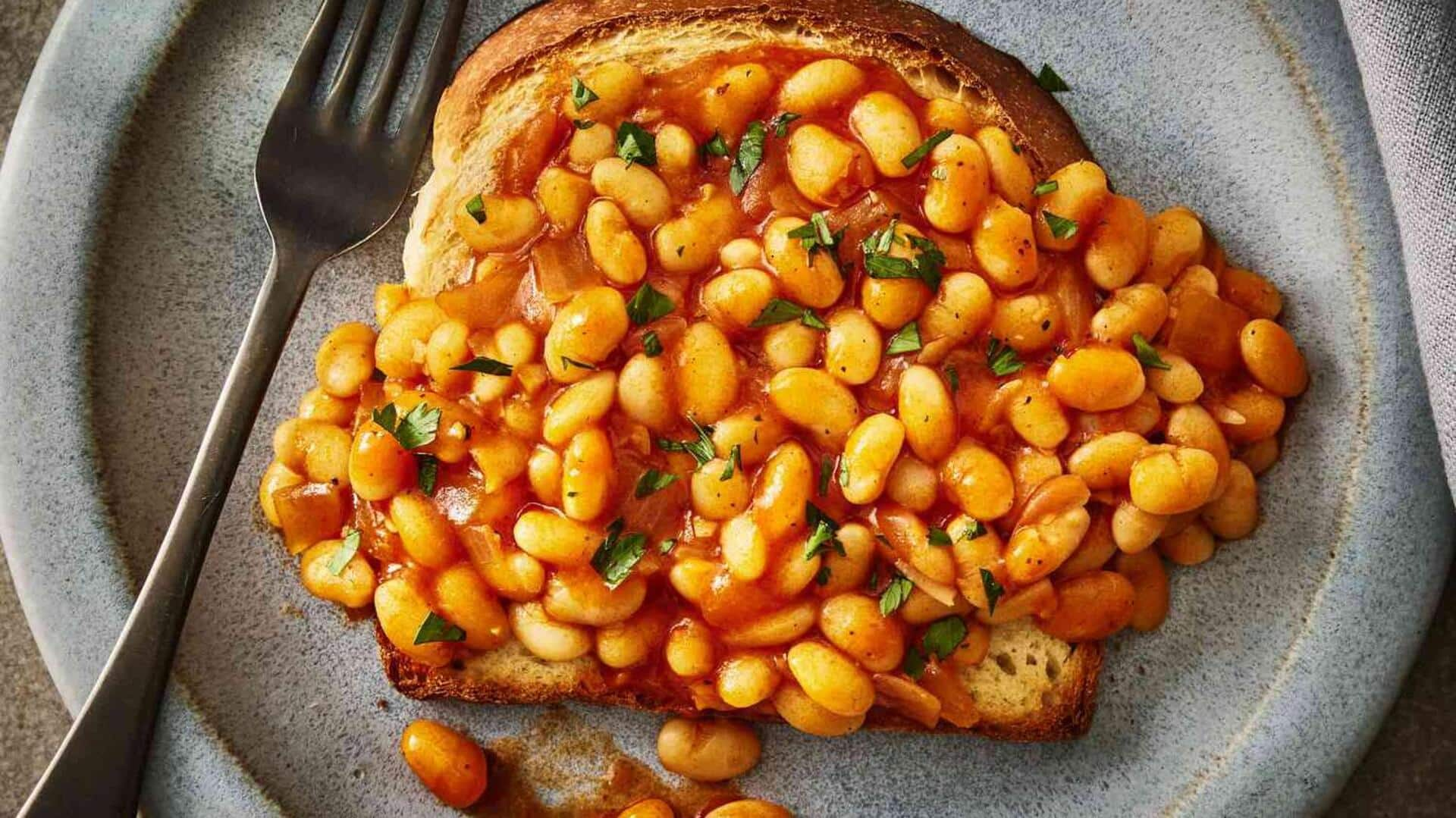
Tracing beans' journey: From Mesoamerica to modern plates
What's the story
Beans have been a human staple for thousands of years, hailing from the fertile lands of Mesoamerica. The ancient civilizations cultivated these legumes, which became an important part of their daily diet. Gradually, beans traveled across continents, becoming an important part of different cuisines around the world. Today, they are loved not just for their nutrition but also for their culinary versatility.
Early farming
Ancient cultivation practices
In Mesoamerica, beans were first cultivated with corn and squash in a farming practice called the Three Sisters. Each plant benefited from the others' presence in this method. Beans offered nitrogen to the soil, improving fertility and promoting sustainable agriculture. This symbiotic relationship was crucial for early farmers who depended on these crops for survival.
Worldwide expansion
Global spread and adaptation
As trade routes widened, beans moved out of Mesoamerica to Europe, Africa, and Asia. Each region adapted these legumes according to local tastes and climate. In Europe, beans became a staple during times of scarcity because of its affordability and nutritional benefits. In Asia, they were added to traditional dishes that showcased their unique flavors.
Health impact
Nutritional benefits of beans
Packed with essential nutrients like protein, fiber, vitamins, and minerals, beans make an excellent addition to your diet. Low in fat but high in complex carbohydrates, they keep you energized throughout the day. Regular consumption can promote digestive health (high fiber content) while also keeping the cholesterol levels in check.
Contemporary dishes
Modern culinary uses
Today's chefs continue to explore innovative ways to add beans to various recipes around the world. From hearty soups or stews with kidney or black-eyed peas, to refreshing salads with chickpeas or lentils as star ingredients, beans remain a versatile ingredient within modern food trends today.